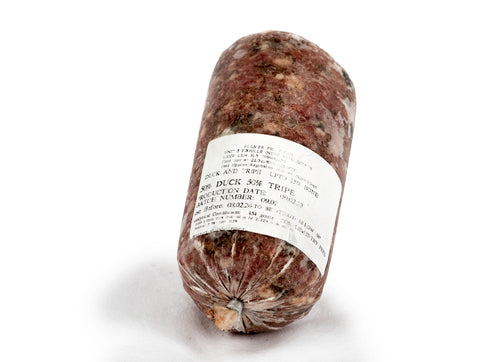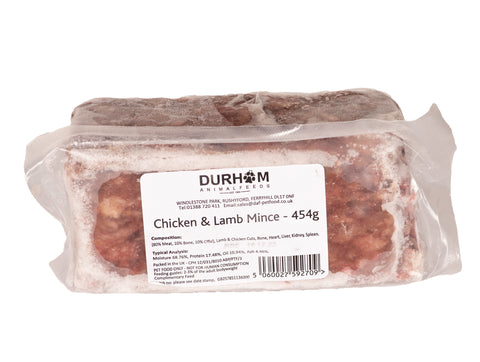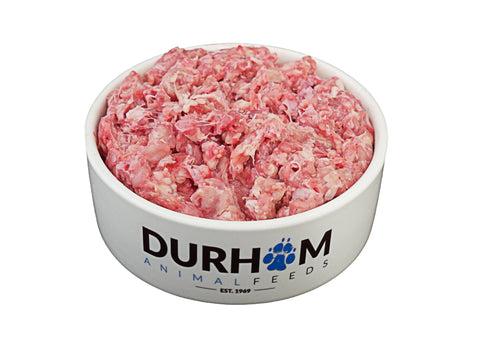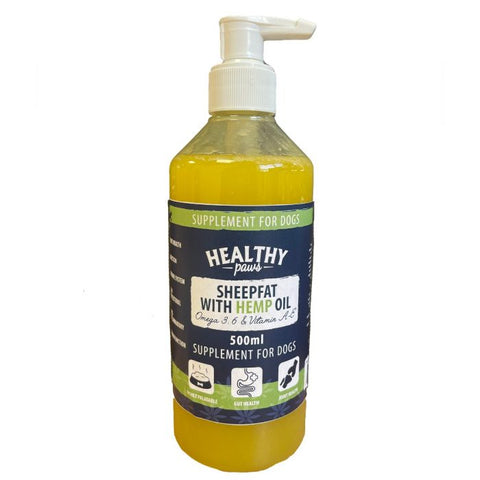Feeding Wild Birds


During the winter months, birds can often find themselves with a shortage of food. Providing them with supplementary food (I.E. Fat balls, suet, bird seed etc.) can help them to survive this harsh period of the year. It is, however, important that you do so responsibly and safely. It’s important to remember that supplementary feed is not a way of providing your wild birds with a balanced diet, as much of the natural proteins and vitamins that adult and young birds need is found in natural foods. Well-managed lawns, shrubs and flowerbeds can be a source of this natural vegetation.
How To Feed:
Bird Tables –Bird tables are okay for most bird feeds and many species of bird. The table must have a rim that is raised in order to retain the food and a gap at each corner of the rim to allow any rainwater to be drained away. It will also provide you with an easier way of cleaning away droppings and uneaten food.Feeders – Nut feeders are the only safe method of offering nuts to wild birds and are made of steel mesh. The mesh size needs to be large enough to prevent any damage to their beaks but small enough to prevent them from removing large pieces of nut – (about 6 mm).
Seed feeders are designed for sunflower seeds and other ‘feeder’ seeds. The birds will access the seed through small holes in the tubular container. Niger seed, however, is much smaller. This means it requires a special type of seed feeder. Make sure that all of your bird feeders can drain easily. Otherwise, the build-up of old food can cause health issues.
What To Feed
Bird seed mixtures
Different feeding methods can sometimes require different seed mixtures. Mixtures that contain flaked maize, sunflower seeds, and peanut granules are the best, but mixes that contain chunks or whole nuts are suitable for winter feeding only. Pinhead oatmeal is also excellent for many birds.Do, however, avoid seed mixtures that have split peas, beans, dried rice or lentils as only the large species can eat them dry. Some cheaper seed mixtures contain them as it bulks them up. Pink or green lumps in bird seed mixes should be avoided too, as these are pieces of dog biscuit that must be soaked before they can be consumed.
Peanuts
These are rich in fat so are perfect for winter feeding. However, salted or dry roasted peanuts should not be used. Peanuts can also be high in a natural toxin, called aflatoxin, which can kill birds. The best way to prevent this from happening is to buy them from a reputable dealer.Food bars and fat balls.
During the winter, fat balls and other fat-based food bars are really good to provide, but do ensure that any nylon mesh bags are removed before the fat balls are put out. This is because the soft mesh can trap and injure birds.Niger seeds
Similar to the black sunflower seeds, niger seeds have a high oil content. Although, these do need a special type of seed feeder, as they’re so small.Black sunflower seeds
Black sunflower seeds have a higher oil content than striped sunflower seeds and can be fed year-round. Sunflower hearts (the husked kernels) are also popular no-mess food.Mealworms
Mealworms ca be fed throughout the year as they are a natural food. It is crucial that the mealworms are fresh. Any dead or discoloured ones can cause salmonella poisoning, amongst other problems.Cooking fat
Fat from cooking is bad for birds. In cooked fat, the meat juices and fat have blended which makes it prone to smearing (when allowed to set). This is bad for birds’ feathers and provides the conditions for bacterial breeding, so is bad for a bird’s health. Salt levels depend on what meat is used and if any salt is added during cooking. Lard and beef suet, on the other hand, (on their own) are fine to feed as they are a pure fat so aren’t suitable for bacteria to breed on.Unsaturated margarines or vegetable oils
These are unsuitable for birds. Unsaturated fats can be smeared onto the feathers. This destroys the waterproof and insulation properties of the feather layer. Unlike humans, birds need high levels of saturated fat, such as raw suet and lard. Birds’ body reserves of energy are quickly used up during cold winter nights, so the high energy content provided by the saturated fat helps to keep them warm.Dog and cat food
In the warm, dry part of the summer, earthworms can often be beyond the birds’ reach. A substitute for worms can be meaty tinned dog and cat food.Stay away from dry biscuits though, as birds may choke on the hard lumps. Soaked dog biscuit is good but in hot weather it can quickly dry out. Petfood can, however, attract larger birds, foxes and also neighbourhood cats.
Milk and coconut
Never give milk to any bird. A bird’s digestive system cannot digest milk so providing them with this can cause death. Give fresh coconut only, in the shell and make sure any residues of coconut water are rinsed out before hanging it out. This will prevent black mildew from building up. Desiccated coconut should never be used as once consumed, it can swell and cause death.Rice and cereals
In severe winter weather, cooked rice, brown or white (without salt added) can be provided as it is both beneficial and readily accepted by all species.Porridge oats must never be cooked, since this can cause it to harden around a bird’s beak. Uncooked porridge oats can be fed.
Any breakfast cereal can be used as bird food but only small quantities should be provided, and it is best to be offered dry with a supply of fresh drinking water nearby. This is because it turns into pulp once wet.
Mouldy and stale food
It is best to be cautious and avoid mouldy food entirely, as some moulds can cause respiratory infections.Always remove any stale or mouldy food from the bird table as soon as possible, as stale food provides salmonella bacteria a place to breed, which can cause food poisoning and death.
If you have a garden, consider planting items for a natural source of food and habitat.







